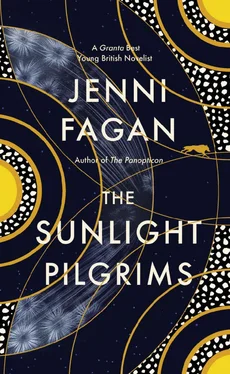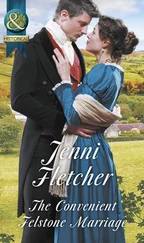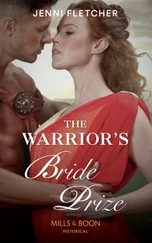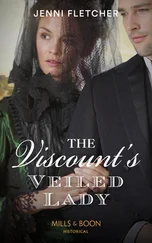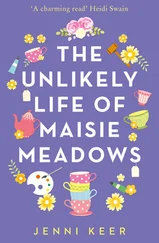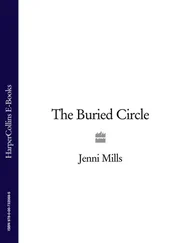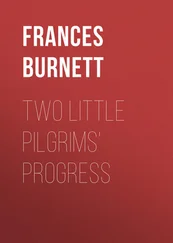Her mother takes off her gloves as they reach high cliffs made from mulched paper — she is tempted (as always) to jump. It’s a thirty-foot drop. She would land in the vast basins of paper below. Stella has done it a hundred times and she can see herself leaping, an imprint of light against the sky — her outline like a negative. It’s dangerous, but every time she survives it feels like being reborn. She hasn’t done that for years now. Her mother’s fine hair lifts in the breeze and her own head is itchy under her hat now and she has too much saliva in her mouth. She is desperate for a cold drink. The snow is falling again lightly but it won’t last long. Stella’s breath hovers on the air and she rubs her fingers together and blows on her gloves.
Underneath the dump there are long shafts for the unused coal mines and they stretch out around Clachan Fells. Vast hollow spaces and all that coal just wasted, and up here layers of debris stretch out for miles in every direction. On the other side of the dump are the farmers’ fields, the caravan parks, the industrial parks where they have not been for ages. All the big stores are there, the warehouses, DIY stores, a garage and supermarket.
— Mum, can we go over to Ikea for lunch?
— No.
— Why not?
— We don’t have any money this week.
— We didn’t have any last week.
— We probably won’t have any next week, either.
They giggle even though it is not funny.
Wind drags papers along the waste and there is a smell of glue on the air. She can imagine that man in the scary movie just standing on that endless road, looking forward and back and seeing nobody.
— If the snowfall is worse than last year, will it cover the entire caravan?
Her mother shades her eyes and scans the tip. She shrugs lightly but her face looks thinner and more worried than it did yesterday. Stella covers her nose for a minute and breathes in the smell of her woollen gloves, damp with snowfall. When they are scavenging for furniture at the dump she has trained herself not to react to olfactory distractions. They could be anything. It is better not to know. Metal pylons stand out starkly against the sky. There is something creepy about them jutting out of the rubble like that. Two hilled peaks of rubbish frame the road that the diggers trundle along. To the west there are vast piles of tyres all stacked on top of each other. It is dangerous over in that area. To the east is where the hospitals and old folks’ homes tend to dump their stuff and they sometimes see some wired-looking junky wandering over there. Land-gulls swoop over diggers, and snippets of cries are cut off by the wind. They sound like children crying. Stella picks her way across a pile of ceramic sinks toward an old children’s wardrobe and wonders what the tips are like in Italy.
— Mum, this one’s good — there’s no handles but the varnish finish is still nice and there’s detail on the edges.
— Any woodworm?
— Nope.
— Mould?
— Little bit, but it’s not black. It has a wee ceramic sign that says 1922 c London Fellows .
— Really?
Her mother picks her way over.
— Look at that, it’s a mission design.
— Unidentified person by the cliff area — please leave the danger zone; we repeat, get out of the zone!
A man stands in a digger a hundred feet away from them. He holds the loudspeaker to shout at them again and he waves his arm. The digger’s orange light flashes around and around. Constance raises her hand to let him know she has heard. Her mum puts a little fluorescent flag on top of the wardrobe, so it will be easier to find it later. They take the usual route towards farmland until they emerge at the west side of the dump. Wind snaps at any inch of bare skin it can find. Stella’s glad of the fisherman’s socks under her boots. Her mother’s hair is so pale it blends into the skyline behind her and her skin too, like it’s never seen sunlight. Alistair’s traditional wee whitehouse is just up there and her mother glances that way. She has been with him on and off since she was nineteen years old. Stella has a horrible feeling it is only a matter of time before they start sleeping together again. Through every wife and fight and change in their lives, it always ends up that way. Stella will never speak to him as long as she lives. The man is hideous. There is nothing nice about him. She just knows that tonight she will dream about a hedgehog with HDMI cables for guts and land-gull eyes and it is going to be answering questions asked by a naked mannequin.
They cross over an iced pond.
Her mum tests the weight, one step ahead of her all the way and frowning.
Stella skids along behind her.
Over through the trees three parked tractors have icicles hanging off the big forks and the fat tyres and the cabins. The trees around them are all decorated with glacial spikes as well. They are appearing almost as she looks at them. Winter doing her decorating. Making the world as pretty as can be. Up on the nearest mountain a herd of fallow deer emerge from the forest and canter up the mountain, young bucks at the rear.
Constance and Stella cross the farm road. Spikes of hay crunch underfoot, there are large dark patches on the ground where hay-bales rest all summer. Stella used to roll the bales underfoot, gathering speed until she had to run to stay on top of one. She can still see that road in her mind from that film and she will dream about it again soon. She hates those nightmares. There is always a long icy track with endless fields on either side and the trees are black silhouettes; there is not one bit of green anywhere and just one person left in the whole world and they are walking along that road wearing a red coat. You’d be able to see them for miles and miles around.
A flock of birds fly low overhead.
Mossy greens and purples and red-golds have faded to brown.
Sleet billows off the mountain.
Treetops disappear in one blink as the white owerblaw races over the mountaintop and drifts down thicker and faster, painting everything white until within seconds the whole landscape is utterly changed.
MORNING COMES through the curtains to create a square of sunlight on the floor. He slept on and off, then woke to see mist creeping along the garden earlier on. Now there is frost all over the ground and the mountains radiate all bright and white in the morning sun. Breathing feels so clean here it’s almost making him dizzy. Dylan takes her book out of the bedside cabinet. He has been avoiding it. He goes through to the living room and opens the first page to find a cutting from the Soho Gazette . The paper is thin and the ink is faded. There is a photograph of his grandmother cutting a ribbon and, if you really look, you can just make out a baby strapped on under her coat. Babylon, Art-House Cinema, 17th March 1953. A chic Soho audience smiles in black-and-white. Beside the cutting there is a flat bit of ribbon with frayed ends pinned to the page. Vivienne’s book is musty and the pages have grown crisper from the damp in the attic flat. The neighbours were always trying to get her to fix the roof. Fix the roof, they’d say. She’d smoke cigarettes and tap her foot in irritation and ask them if they knew how many years it was since she’d bought new shoes, let alone an entire fucking roof! Vivienne used to sit with this book on her lap, sketching things. He turns the page. There is a sketch of Gunn. She is cleaning the projector. Her socks show above her boots. She is wearing a pinny. On the very first opening night Gunn was so nervous. She’d taught herself how to use all the equipment but she hadn’t tried it all together yet. When the very first reel played, she looked out at the back of the audience’s heads and held her breath. When she was sure the reel would work okay, and none of the customers were going to ask for their money back, when she saw they were all rapt and with halos around their heads, as she liked to say, she sat down and fed her baby in the projectionist booth, lulled her to sleep listening to 1920s gangsters holding a shootout in New York.
Читать дальше
